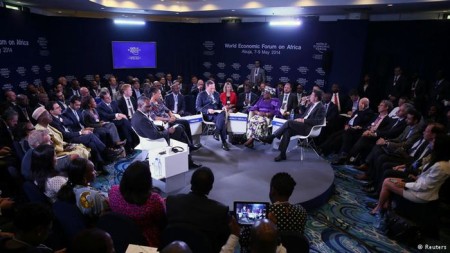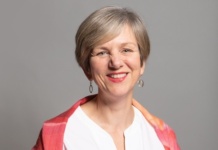Business experts from Africa and the rest of the world meet in Cape Town to debate past progress and future prospects for the continent’s economies. The forum precedes a conference next month in Addis Ababa.

Business and finance experts from Africa and the rest of the world meeting for the World Economic Forum (WEF) on Africa will be taking stock of progress made over the last 25 years, as well as “sharing insights on the present landscape” and “identifying innovative approaches” to bring about sustainable development in the future. Among the civil society participants are several who would also like to see discussion of the ongoing inequality between rich and poor in the continent of 54 countries included on the agenda.
Poverty is not an African phenomenon. Nor is the unequal distribution of wealth. A UN report published in July 2014 found that more than 2.2 billion people worldwide were “either near or living in poverty.” According to the report, “the 85 richest people in the world have the same wealth as the 3.5 billion poorest.”
‘Demographic time bomb’
An in-depth examination of Africa’s economic performance and prospects, the African Economic Outlook, compiled by the African Development Bank (AfDB), the Organization for Economic Cooperation and Development (OECD) and the UN Development Program (UNDP), predicts for 2015 that “Africa will soon be closing in on the impressive growth levels seen before the 2008/09 global economic crisis.” But this does not automatically mean that the benefits will filter down to all levels of society.
The Overseas Development Institute (ODI) says that increased growth is only part of the answer when seeking to reduce poverty. Inequality and income differences also need to be addressed.
Winnie Byanyima, Oxfam International Executive Director, who is attending the WEF, points out that “Africa’s working-age population is expected to double to one billion in the next 25 years.” In an interview with DW, she said this is “really a warning bell for African leaders.” There is huge potential “but it could also be a demographic bomb – if Africa does not invest in these young people, in their skills and in jobs for them.”









